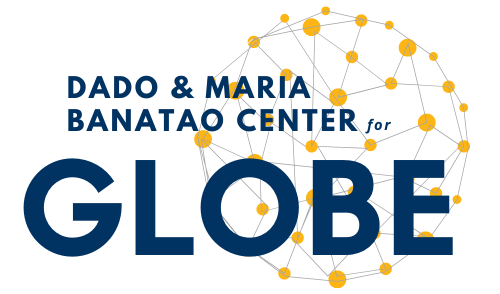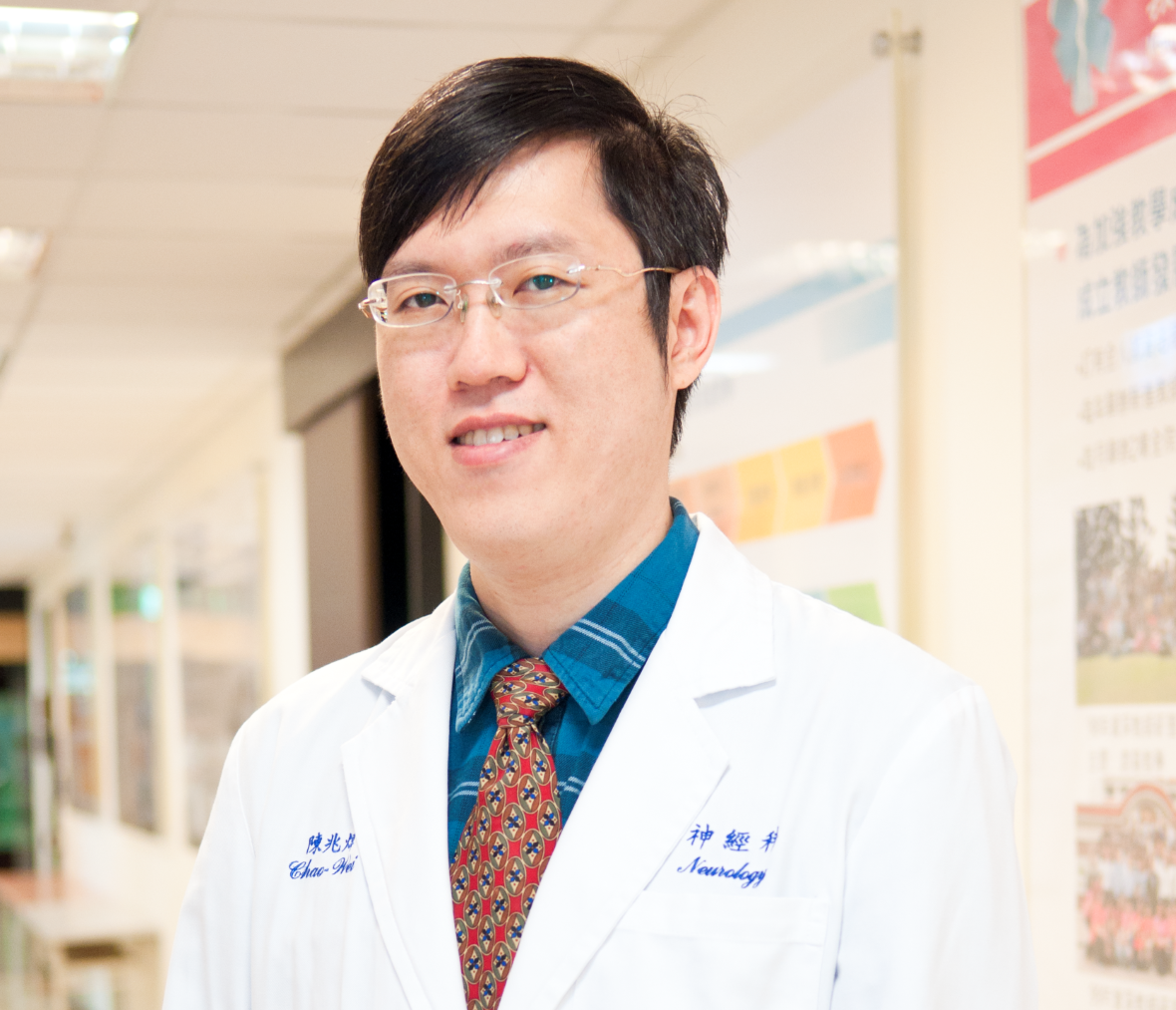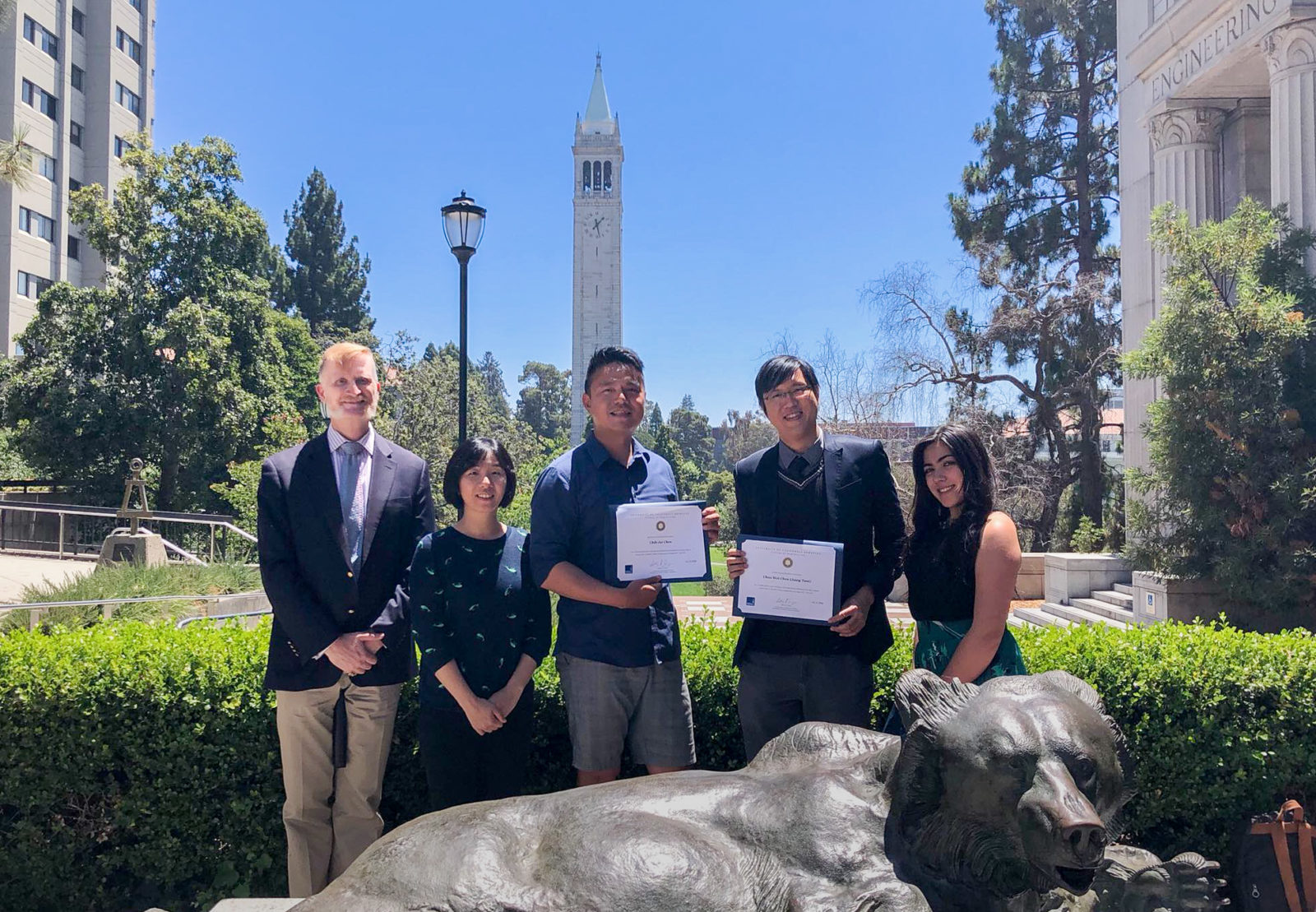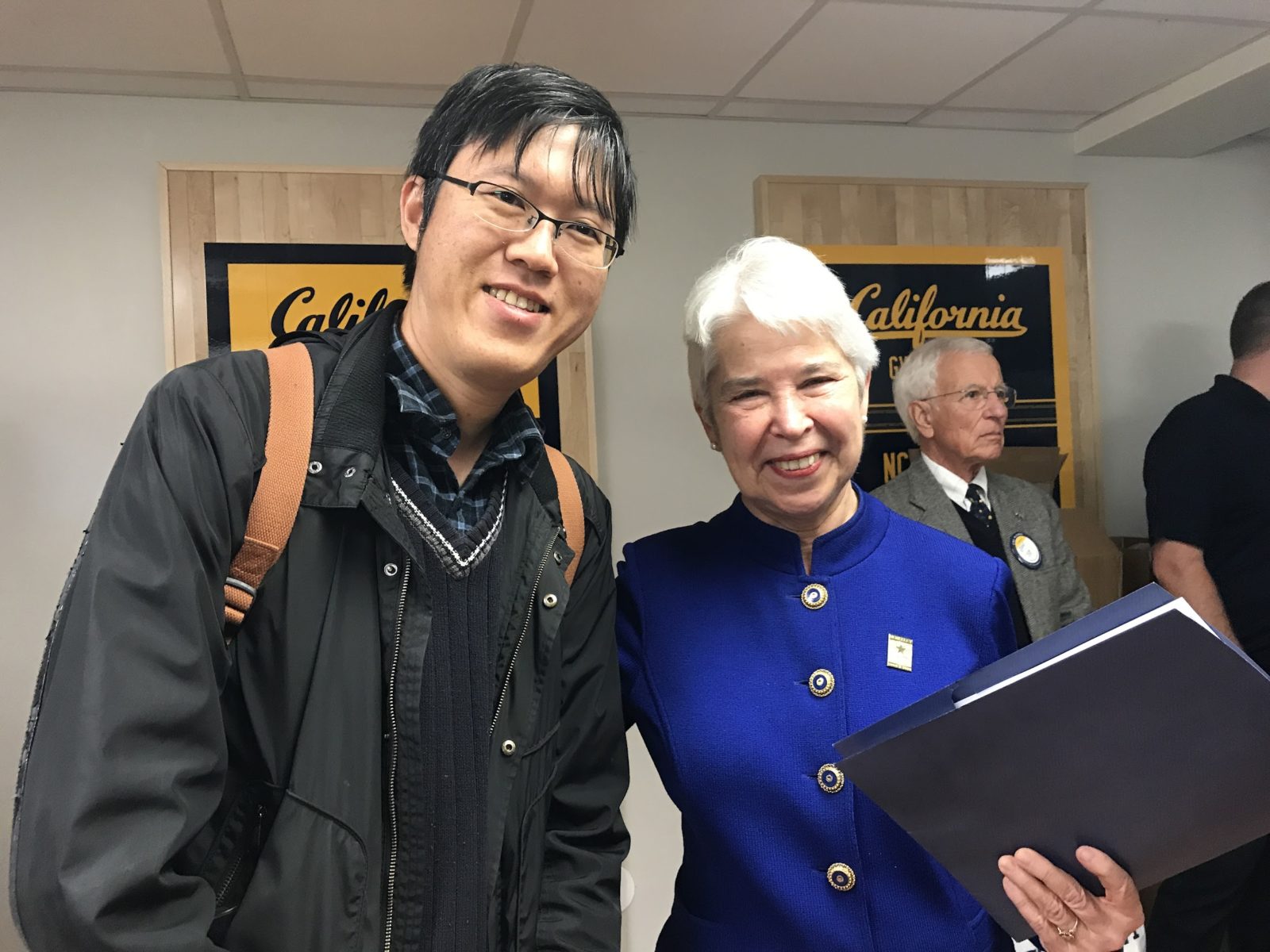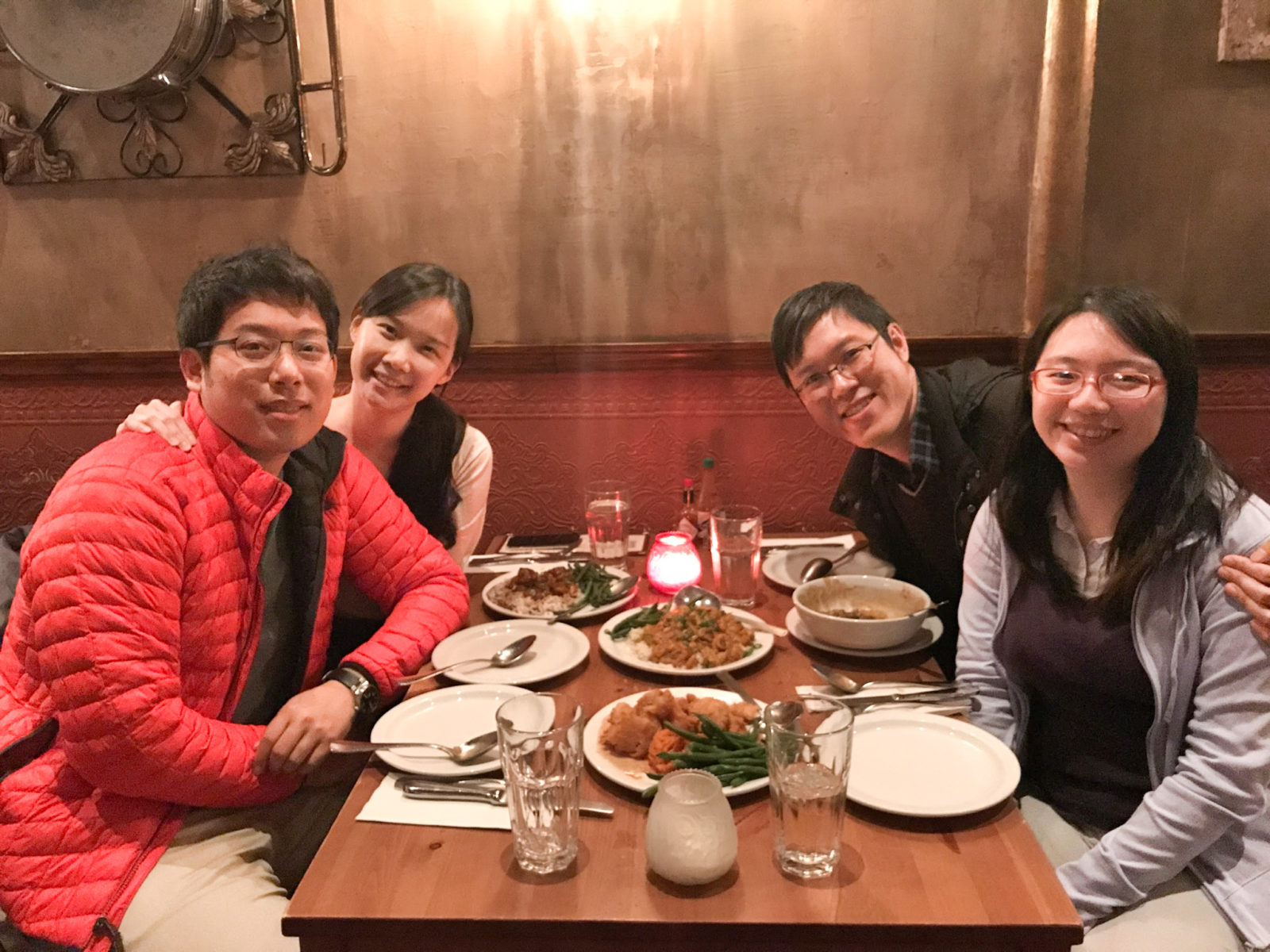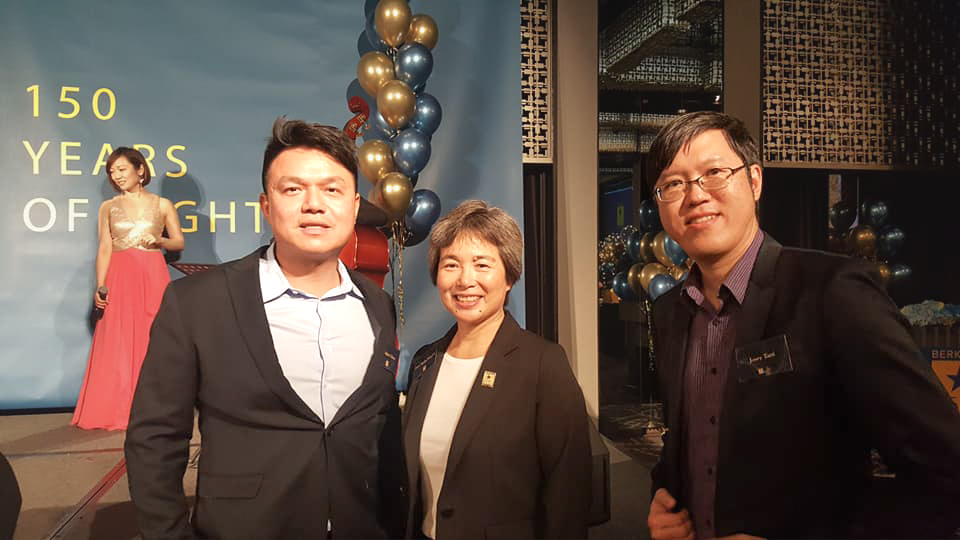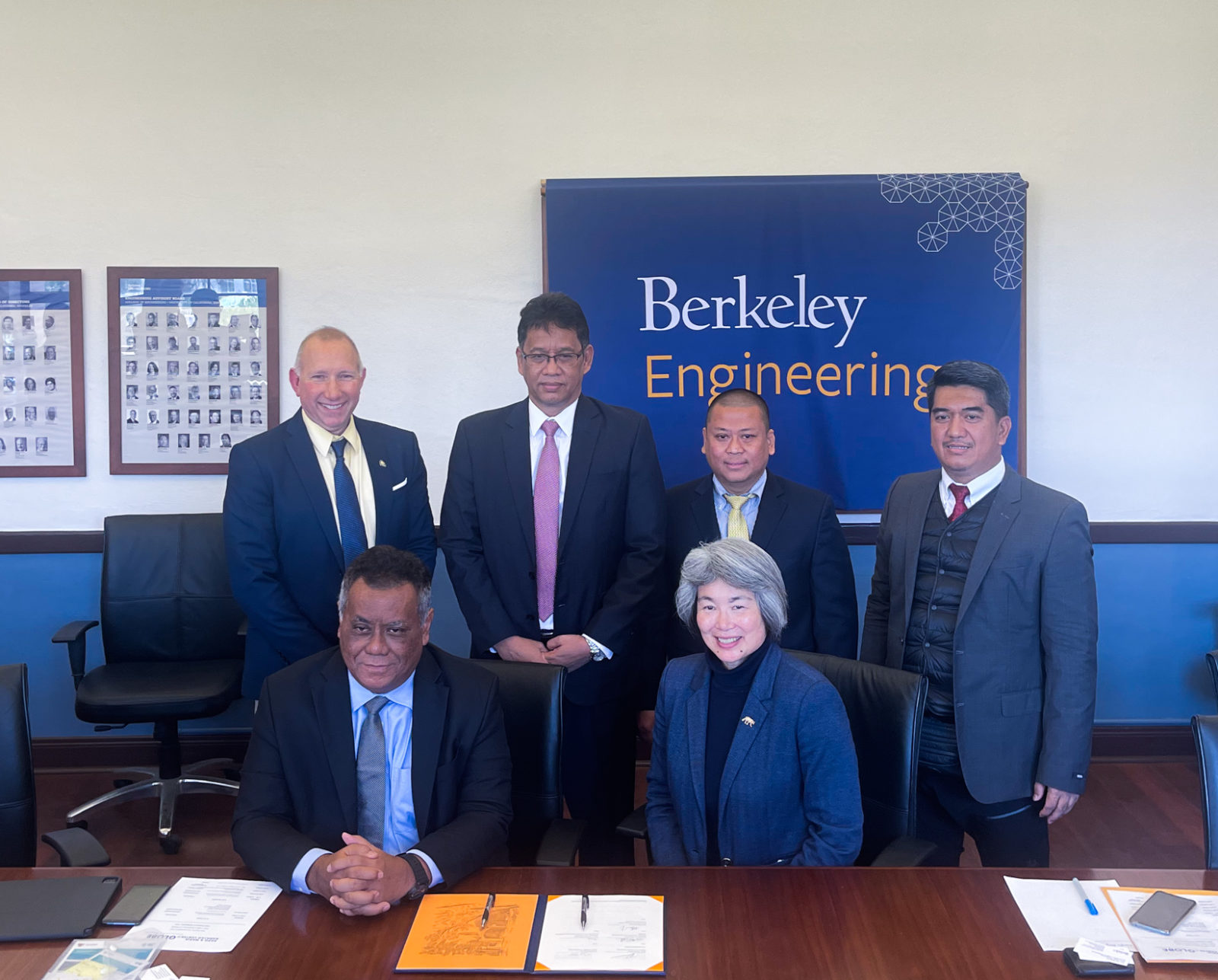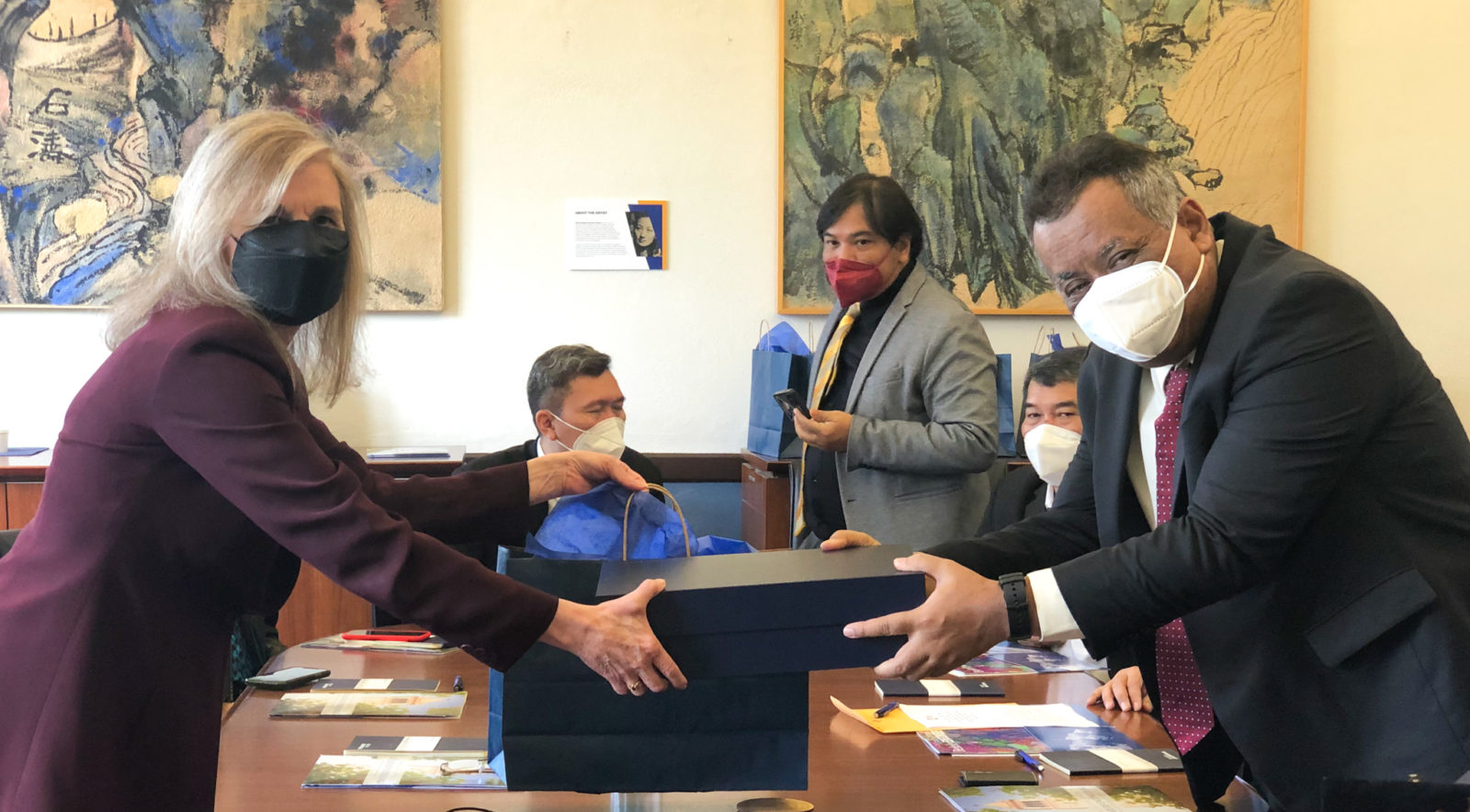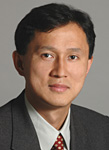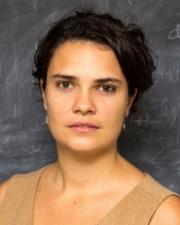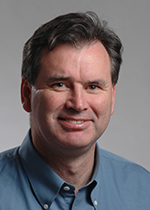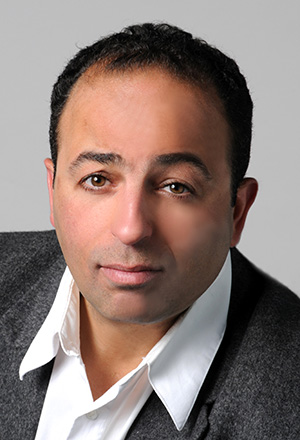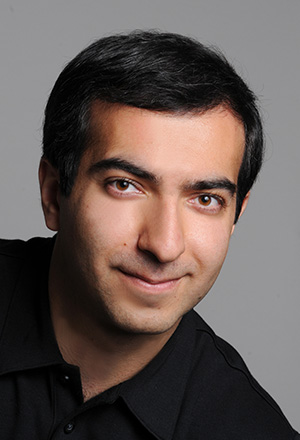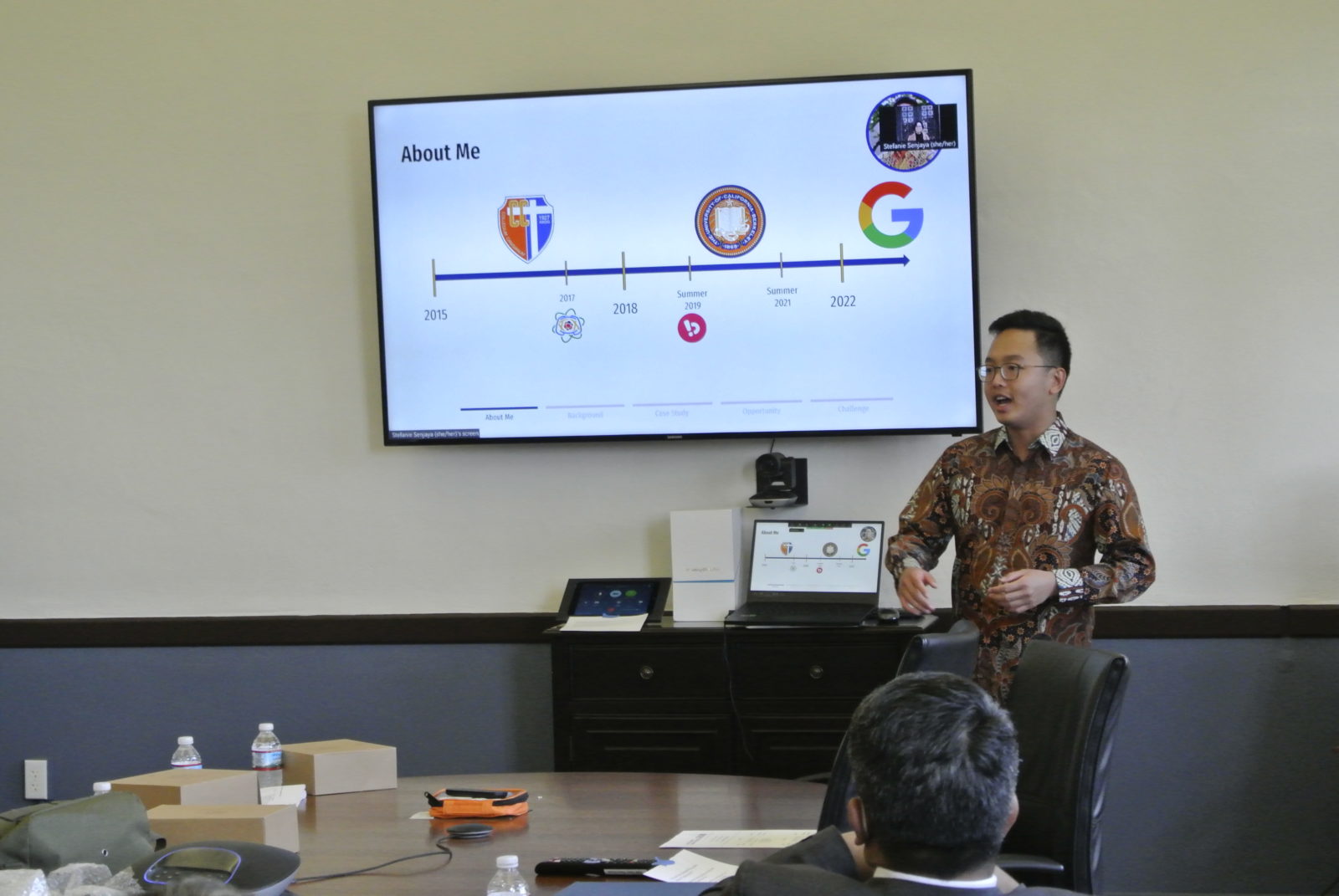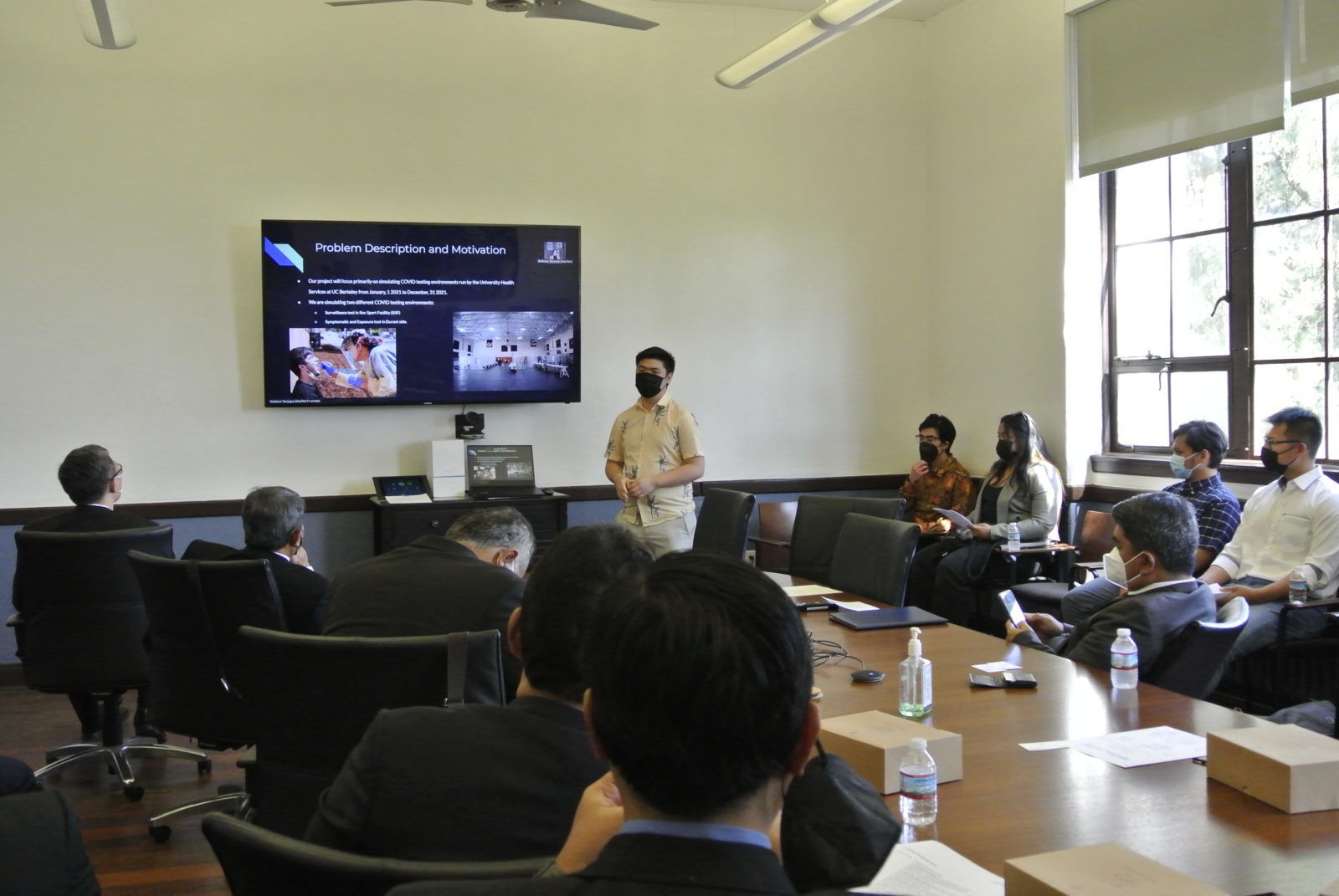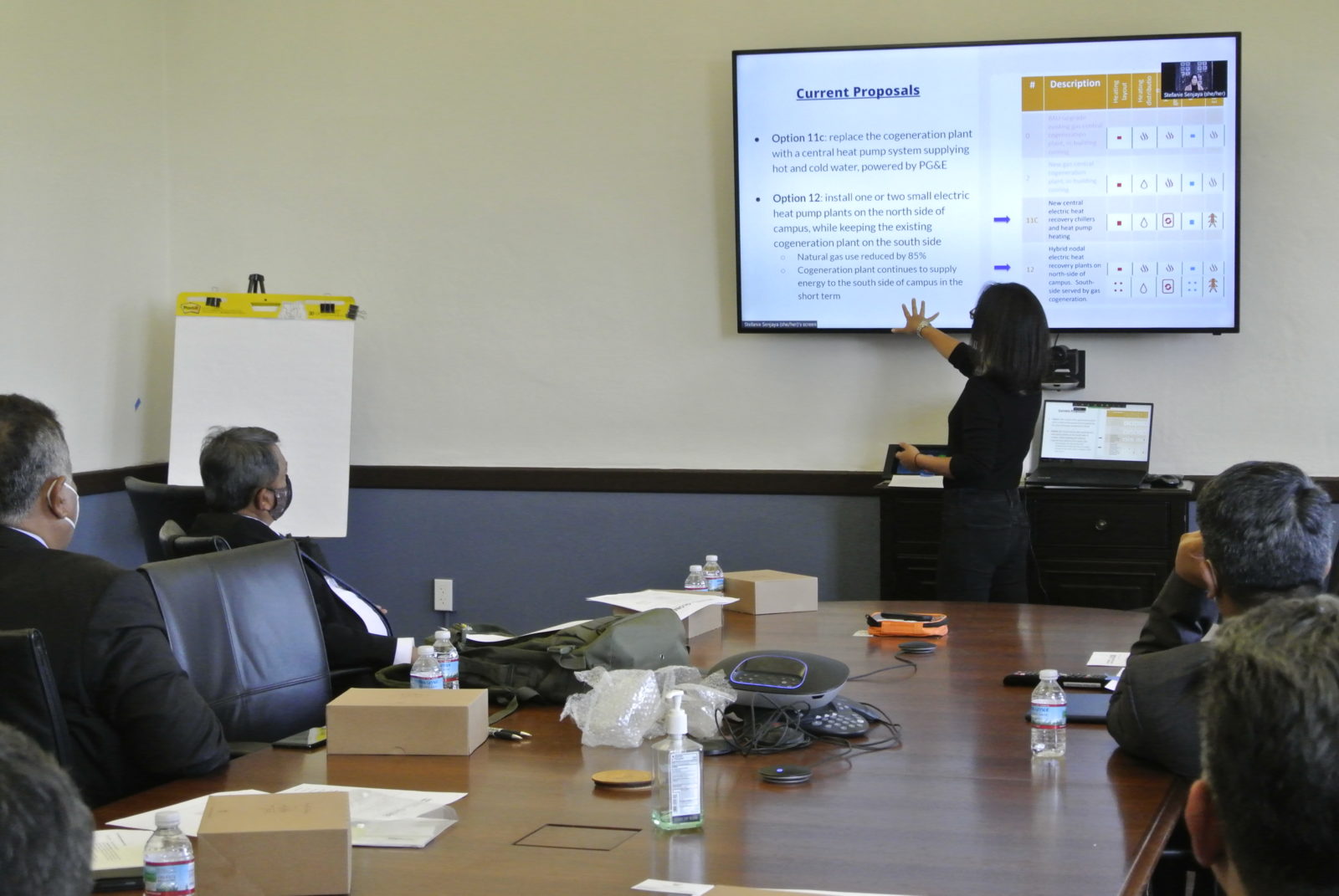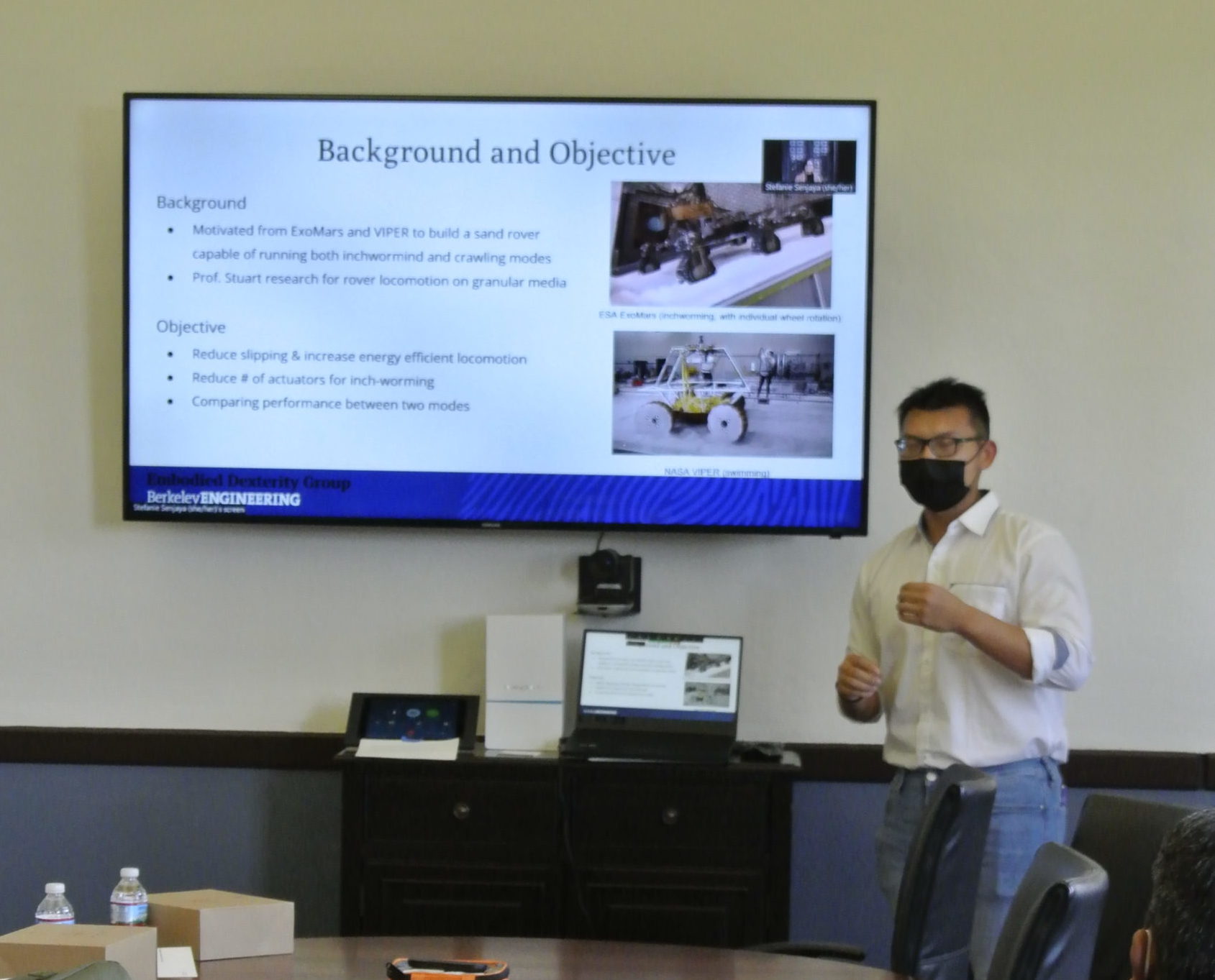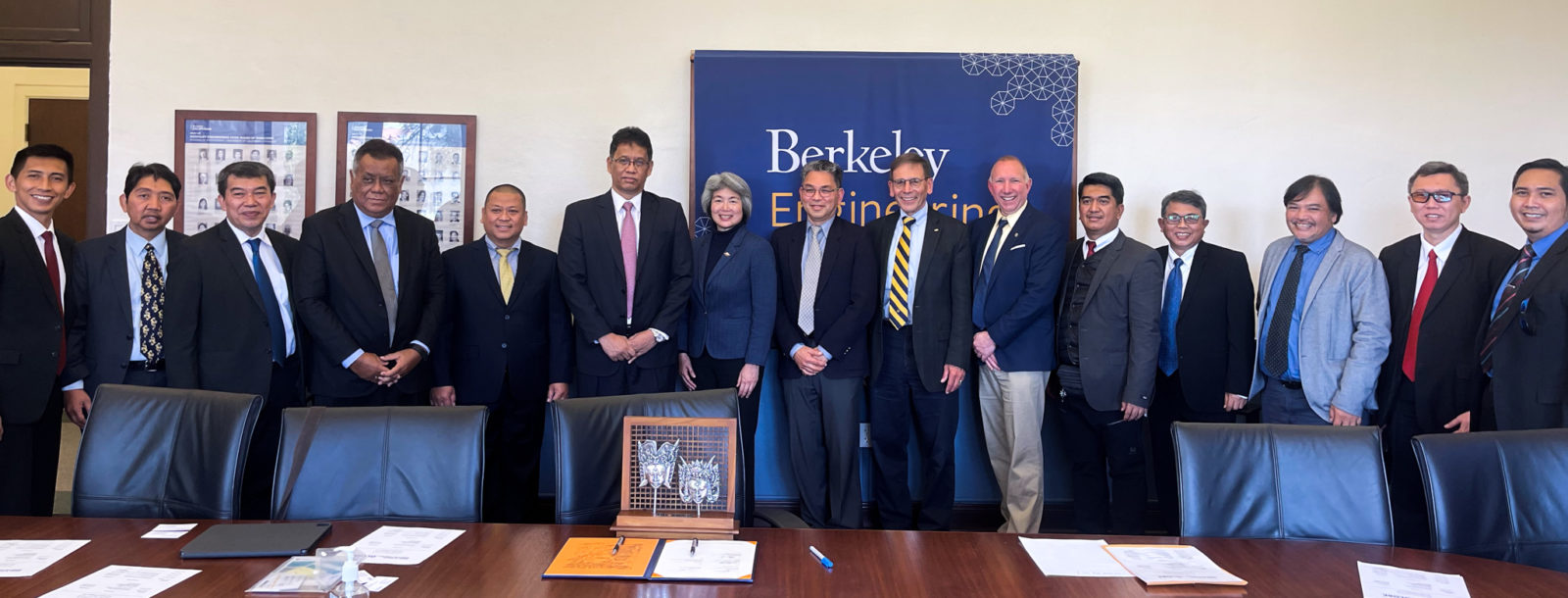Martina Kajanová is an Assistant Professor at the University of Žilina in the Department of Power Systems and Electric Drives, who came to UC Berkeley as a GLOBE Visiting Scholar from Slovakia. While she was here, she worked in Professor Shankar Sastry’s lab in the EECS Department. She cares deeply about the environment, and her goals revolve around the integration of electric and other renewable energies into existing power systems.
Can You Tell Us a Little Bit about Yourself? (Educational background, hobbies, interests, anything you would like to share with our Berkeley engineering community?)
I received my PhD from the University of Žilina in Slovakia. I am an Assistant Professor there, in the Department of Power Systems and Electric Drives. Right now, my research focuses on renewable energy and charging for electric vehicles.
In my free time, I enjoy walking with my dog, playing piano and guitar, and reading books a lot. I like books that focus on particle physics for ordinary people. When I was a child, I was really interested in particle physics, and even now I continue to read about it. There are so many interesting interactions between particles, how they combine to make protons and neutrons. I actually took a class with a professor that worked at CERN, where I learned about how matters exist, and how forces can combine matters together to create something.
How was your experience with research in UC Berkeley?
It was amazing! I had an opportunity to pursue my own research interests and learn research practices that I could bring back to Slovakia. I learned how to manage my research, how to not only choose a topic but that it is necessary to look at all the social or economic aspects of a project as well.
At Berkeley, I worked with Professor Shankar Sastry in the EECS department on electric vehicles. He was an expert in his field, and told me not only to look at the technical aspect but also the social and economical aspects of my research.
Did this experience help bridge the link between Slovakia and Berkeley? (If so, how?)
- Research
In a way, it did. UC Berkeley is more experienced than my alma mater when it comes to academic research, and I tried to bring this knowledge back home. For example, some of the best practices that Berkeley has include routine seminars, where researchers present their current projects and share what they’re working on. I persuaded my colleagues in Slovakia to do the same.
- Education
Back in Slovakia, I spoke about my experience at UC Berkeley with my students to show them more about the scientific path in our field of study. Since the University of Žilina is mostly focused on the education of new engineers rather than research scientists, I was very interested to learn about leading research in my fields of study when I was at Berkeley and I also wanted to show it to my students.
- Atmosphere
Even though the University of Žilina is also one of the top universities in Slovakia, much like UC Berkeley is in the United States, the atmosphere is different. There is no students’ tuition in Slovakia, which might cause students to not take their education as seriously as students at Berkeley. Also, at Berkeley, I learned how important it was to engage students in research, especially in topics related to mathematics.
- Culture
I ate a lot more Chinese and Thai food while I was in Berkeley, and even though I also ate these cuisines in Slovakia, it was more diverse in Berkeley and I really enjoyed it there.
What has been your career path from college graduation up to today? And why did you make those educational and/or career choices?
I graduated from Žilina University and stayed there to become an Assistant Professor. At first, I didn’t want to do a PhD, but my husband (then boyfriend) was staying in Žilina to start and grow his company, so we decided to stay here. So I took the opportunity to start my research career path at the University of Žilina.
What’s your current job title?
I am currently an Assistant Professor at the Department of Power Systems and Electric Drives, where I mainly focus on research of electric power systems. I do a lot of teaching, with classes on modeling and control of power systems as well as some introductory courses.
It is very different from Berkeley, where professors teach about three hours a week. I teach 8-12 hours a week in Slovakia. We have small departments and a lot of students, so I spend a lot of time teaching.
What was your journey like to become an assistant professor at your current department? What is your current role/day-to-day like?
I studied at the University of Žilina for my BS, Masters, and PhD in the same department. I actually had the same advisor for all of my studies, and he really wanted me to stay and continue my work. I thought of leaving after my PhD to pursue industry, but I eventually realized that my passion lay with research.
What makes you good at your job?
The most important thing to being successful in research is hard work. I spent a lot of time on my work, sometimes even on weekends and over holidays. In a field where everyone is talented and brilliant, you need to work even harder than them to be appreciated, especially as a woman in a technical field. You need to be responsible for your own work, to keep yourself on track to get results.
As a teacher, I found that it was really important to genuinely care about your students. If you care about them and pay attention to them, then they will grow and learn accordingly.
What is your ultimate goal? (Research, career, etc.)
My ultimate goal is to be the best professor possible and make research advancements on a topic that directly improves daily life. It is probably just a dream but it is necessary to try. For example, my research could improve the integration of electric vehicles and renewable energy sources into power systems so our power systems can be greener. Czechia has had a big tornado recently and many weather outbreaks are around the world due to global warming, so everyone should help with decreasing carbon footprints to prevent future disasters.
Have you thought about making your research idea a business idea?
I am not really business oriented. I thought about connecting with existing businesses to show them how they can use my research. It is a work in progress. But in the future I would like to further discuss these options.
What keeps you enthusiastic about your work?
I am passionate about my work because it is interesting for me and I care about global warming. I want renewable energy to integrate with existing power systems because we will eventually run out of fossil fuels. In Germany, when the wind blows, they can generate a lot of electricity through wind power plants and the generated power even flows into other countries. But when the wind doesn’t blow, they have to use fossil fuels to cover their demand. And it is not a good concept to cover for renewable energy with fossil fuels. One day, I want the world to be able to use renewable energy and electric vehicles in a way that will help the planet.
What has been one of the most challenging experiences in your academic journey so far?
The most challenging experience I had was during my visit to Berkeley. At Berkeley, there were a lot of smart people, and I didn’t feel smart enough to be there with them. I got a lot of books and studied to try to catch up. But eventually I realized that it was okay to not know everything, and that you could always learn from others. So the first few weeks, when I was still new to Berkeley, were really challenging.
Do you miss anything about being a student?
I miss the free time I had as a student. I realized I should have spent more time studying different things. Now, I don’t have enough time to learn for pure enjoyment. So I miss being young and being able to be more carefree.
What was the most valuable thing you learned as a visiting scholar in the College of Engineering at Berkeley that you would like to share with future visiting scholars?
For every visiting scholar, I would advise them to make the most of the time they spend at Berkeley and meet as many people as possible. I was in Berkeley for five months, but now it barely felt like a week. Time really flies, it is important to talk with people because you can learn so much from them. Most of the people you meet will be from different areas, and at Berkeley you can always find people at the top of their fields. You should go ahead and connect with them and learn as much from them as you can.
Any caveats, observations or advice that you learned through your career that you would like to share with current students?
I think they should be open-minded and thirsty for knowledge, even if a specific topic is not in their field of study. It is good to learn a variety of knowledge because it is helpful to have an understanding of a topic when you are collaborating with people from different fields.
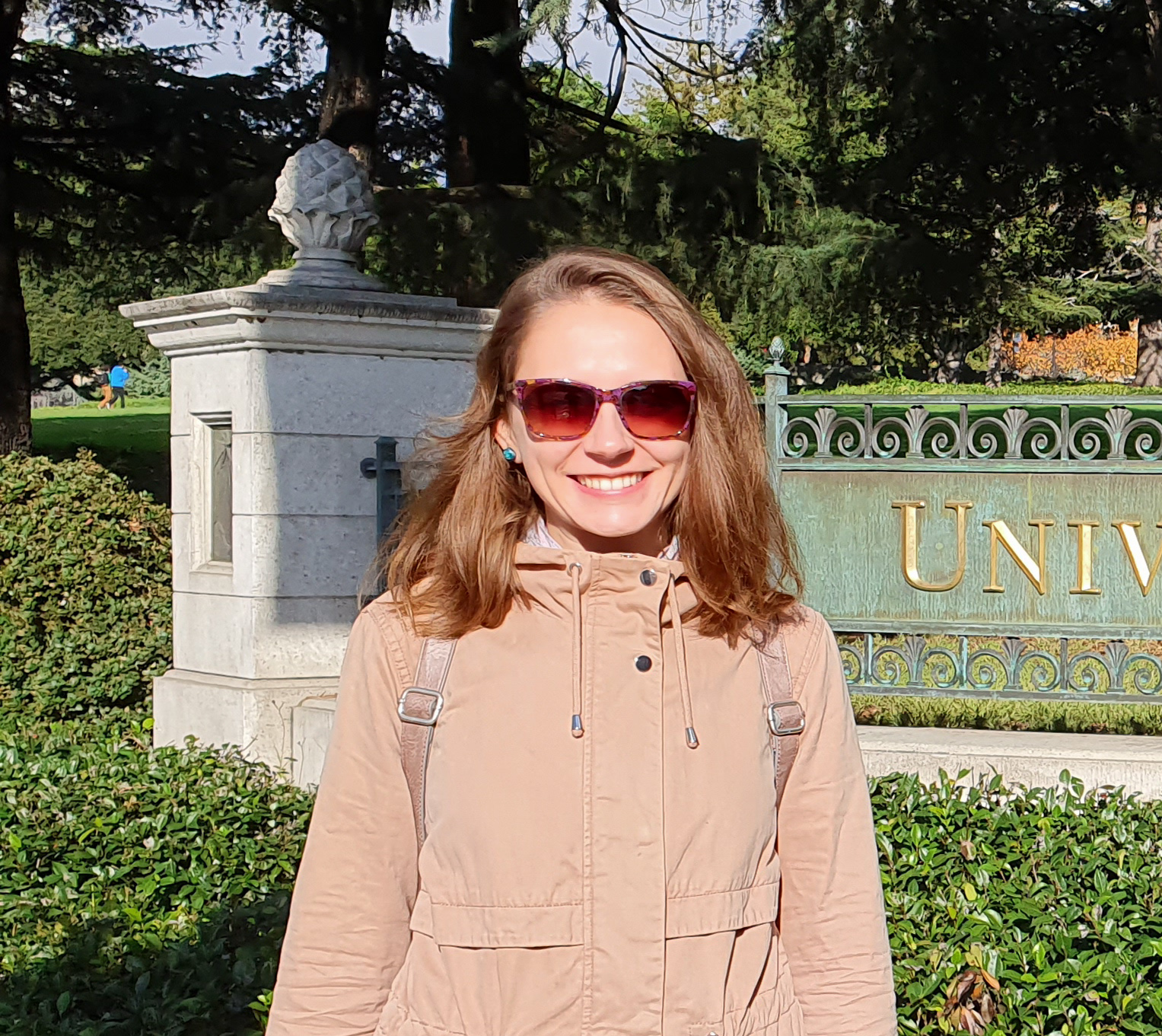
Professor Martina Kajanová
An Assistant Professor in the Department Power Systems and Electric Drives from the University of Žilina in Slovakia, Martina came to UC Berkeley as a GLOBE Visiting Scholar.
